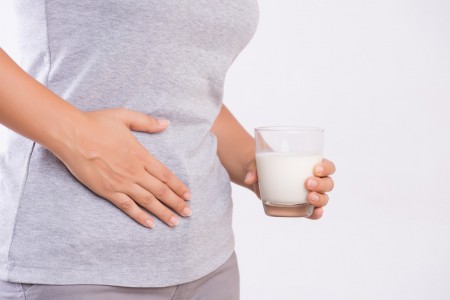Food allergy and food hypersensitivity
Hypersensitivity to foods that is not associated with high IgE or a particular allergy refers to the difficulty in digesting certain types of food. It is important to note that food intolerance is not as severe as food allergy.
Food allergies are capable of triggering immune responses, whereas food intolerances are not. Some people experience digestive problems after ingesting certain foods, even though their immune system has not responded at all - i.e. there has been no histamine response.
The foods most commonly associated with food hypersensitivity include different dairy products, gluten-containing grains, and foods that cause production of intestinal gases.
Food hypersensitivity symptoms take longer to appear and to be detected - up to 48 hours after ingestion, which is not true for allergies. For those, reactions occur immediately after ingestion.
The symptoms vary and may include migraines, coughing, snotty nose, abdominal pain, bloating.
It can be caused by the absence of an enzyme.
Enzymes are needed to digest food completely. If some of the enzymes are missing or insufficient, proper digestion may be hindered.
People who are lactose intolerant do not have enough lactase, the enzyme that breaks down milk sugar (lactose) into smaller molecules, which the body can break down further and absorb through the gut. If lactose stays in the digestive tract, it can cause cramps, abdominal pain, bloating, diarrhoea and gas.
People allergic to milk proteins experience similar symptoms to those with lactose intolerance; therefore, lactose intolerant individuals are often misdiagnosed as suffering from an allergy.
Researchers from the Children's Hospital and Mary Bridge Medical Center in Tacoma, WA found that fructose intolerance is common in children with persisent or functional abdominal pains.
A large majority of foods require an enzyme to be digested properly. According to some, enzyme deficiencies are a common cause of food hypersensitivity.
Subscribe to our newsletter
Subscribe to our newsletter and stay up-to-date on events, campaigns, benefits.
We will keep you up to date with our news once a month.
Center Komplementarne medicine, Antonina Rome in partnerji, d.o.o., All rights reserved
Website developed by:Izdelava spletnih strani - Spletna postaja





